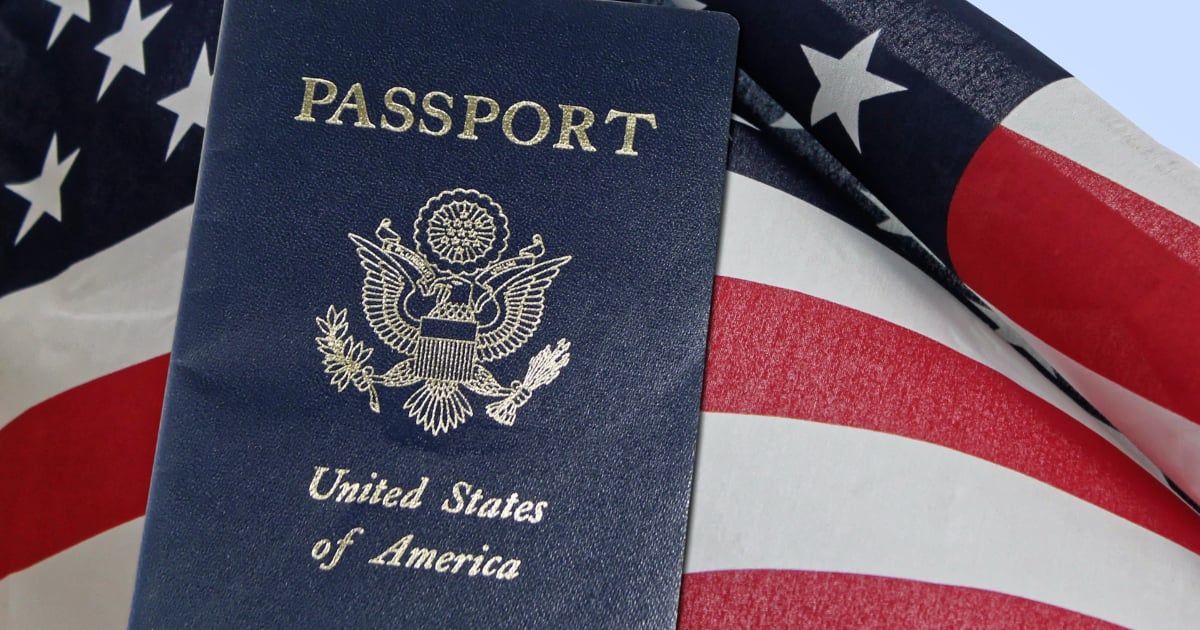The United States Citizenship and Immigration Services (USCIS) announced last Friday a revision in its policies concerning the use of Form N-648. This form is employed by foreign nationals seeking disability exemptions from naturalization requirements such as proficiency in the English language or the civic education test.
According to the federal agency's website, these updates aim to reinforce the integrity of the process, combat fraudulent medical certifications, and ensure that only those who genuinely meet the established criteria achieve citizenship. "For decades, instances across the nation have revealed exploitation of the medical certification process. When a professional submits a fraudulent certification, it undermines not only the purpose of the exemption but also the credibility of the naturalization system," USCIS stated in its official announcement.
Going forward, medical professionals completing Form N-648 must specify how a disability specifically prevents the applicant from meeting English and civics requirements. Merely having a disability will no longer suffice to secure the exemption, as inferred from the publication.
Moreover, USCIS warns that the simultaneous submission of multiple Form N-648s can cast doubt on the authenticity of the applications and will be subject to further review. This change takes immediate effect and applies to all naturalization applications filed from June 13, 2025, onward, as per Volume 12 of the USCIS Policy Manual, in support of Executive Orders 14148 and 14159.
To qualify for naturalization in the U.S., applicants must demonstrate a basic command of the English language and knowledge of the country's history, civic principles, and government structure. However, those with medically determinable physical or mental disabilities, expected to last at least 12 months, may apply for this exception, provided it is properly justified and documented.
At the beginning of January 2025, the immigration debate in the United States intensified with legal warnings regarding the use of advance parole, a temporary travel permit issued by USCIS. Attorney Ismael Labrador cautioned about the legal risks of traveling to Cuba without permanent residency, emphasizing that such actions could be interpreted as abandoning the immigration process, potentially leading to deportation.
In January, President Donald Trump signed an executive order aiming to deny birthright citizenship to children of undocumented immigrants. The measure sought to reinterpret the 14th Amendment of the U.S. Constitution, complicating access to official documents and basic rights for those affected. Days later, Federal Judge John Coughenour temporarily blocked Trump's executive order, stating that it violated the Citizenship Clause of the 14th Amendment.
FAQs on USCIS Policy Updates and Immigration Issues
What changes did USCIS make to Form N-648 policies?
USCIS has updated its policies to require medical professionals to detail how a disability specifically prevents applicants from meeting English and civic requirements. Additionally, the submission of multiple Form N-648s may trigger further scrutiny.
When do the new USCIS policy changes take effect?
The new policy changes take effect immediately and apply to all naturalization applications submitted from June 13, 2025.
What legal risks are associated with traveling to Cuba without permanent residency?
Traveling to Cuba without permanent residency could be seen as abandoning the immigration process, which might lead to deportation, according to legal warnings issued in early 2025.
What was the outcome of Trump's executive order on birthright citizenship?
Federal Judge John Coughenour temporarily blocked President Trump's executive order, citing that it violated the Citizenship Clause of the 14th Amendment.
